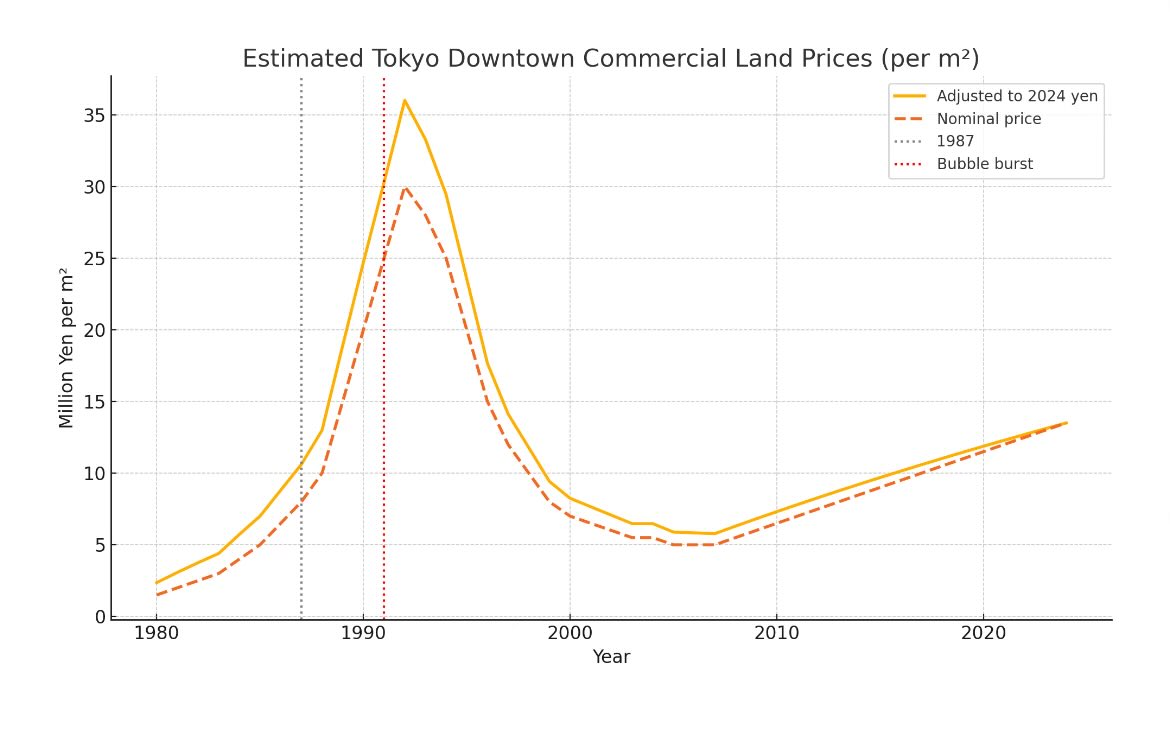
Paul Solman
@paulsolman
Business and Economics Correspondent for PBS NewsHour
ID: 18480909
http://www.pbs.org/newshour/businessdesk/ 30-12-2008 16:33:39
5,5K Tweet
8,8K Followers
47 Following






April 3, 2025 6:30-9:00 PM West Newton Cinema: documentary on the Chinese industrialization of a small farming village in Ethiopia. PANEL follows w/ Dani Rodrik,Mesay Melese Gebresilasse, Margaret McMillan, Tsegay Tekleselassie. I moderate $20/person. westnewtoncinema.com/behind-the-scr…














